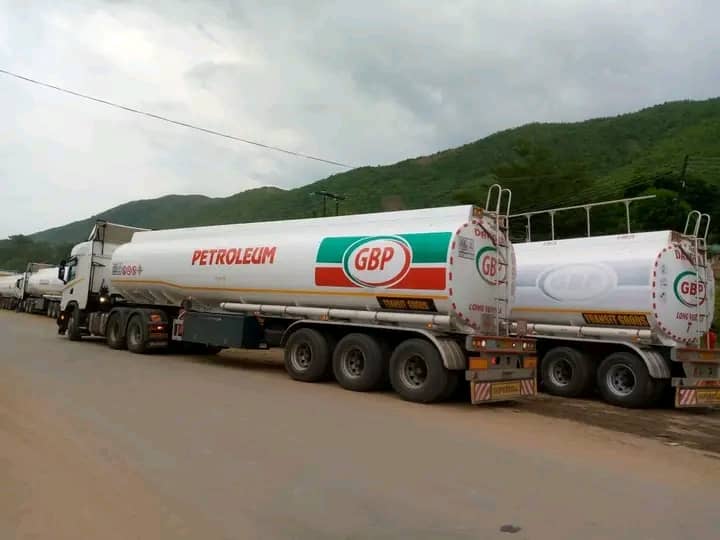
By Ameenat Hamzat, Lagos, Nigeria
Across Nigeria, tanker explosions have become a plague, leaving devastating damage to lives, properties, businesses, and families.
The year is still young, yet Nigeria has already recorded multiple tanker explosions in Niger and Enugu states, with at least 98 fatalities and about 21 deaths in both cities, respectively.
According to Nigeria’s Federal Road Safety Corps, there were 1,531 gasoline and tanker crashes in 2020, resulting in 535 fatalities and 1,142 injuries.
In 2023 alone, Nigeria experienced multiple explosions in Port Harcourt, Lagos, and Onitsha, killing dozens of people and causing irreversible damage.
Similarly, in 2014, more than 150 deaths were recorded in Jigawa State, and 59 deaths occurred in September of the same year, all due to tanker explosions.
Year after year, these tragedies follow a disturbing pattern, raising questions about safety regulations, road maintenance, and preventative measures to mitigate these disasters.
Beyond the commonly cited causes of tanker explosions, a 2005 study by Carlebur identified human error as one of the biggest factors amplifying their devastating impact.
Reckless, unsympathetic, and carefree residents often rush to scoop petrol from fallen tankers instead of fleeing to safety.
Many tanker explosions record large numbers of casualties because people in the vicinity, driven by poverty, seize the opportunity to siphon petrol illegally.
Despite past tragedies, many Nigerians still refuse to learn and refrain from this dangerous practice.
According to the Niger State Emergency Management Agency (NSEMA), the Dikko Junction explosion in Gurara Local Government Area claimed 98 lives and injured 69 others.
The high casualty rate resulted from residents attempting to scoop free fuel.
Barely two days later, another tanker explosion occurred in Bida town, Niger State, as people rushed to collect what they initially believed was fuel.
Fortunately, the tanker was carrying groundnut oil, and no lives were lost.
However, was the Dikko Junction explosion not a strong enough lesson? At what level of damage will people draw the line?
If there is ever a time for intensive public orientation, it is now.
President Bola Ahmed Tinubu has announced a campaign against oil scooping, but agencies like the National Orientation Agency (NOA) must take immediate action to sensitize Nigerian citizens on the dangers of fuel scooping whenever tankers fall.
The rate of tanker explosions is a ticking bomb, and the causes go beyond human error.
The roadworthiness of these tankers must also be questioned.
Imagine a rusty tanker transporting fuel under scorching sun, isn’t that enough to trigger an explosion?
To actively halt these tragedies, which claim lives and destroy properties, urgent measures must be taken.
First, all concerned agencies should launch an intensive campaign, issuing stern warnings against the dangers of scooping fuel.
Awareness should be spread across social media, radio, and television in multiple languages to ensure the message reaches every corner of the country.
Tanker drivers must also adhere to road safety regulations, including safe driving practices and regular vehicle maintenance, as recommended by the Federal Road Safety Corps (FRSC).
Defaulters should face strict penalties to ensure compliance.
Additionally, the deplorable state of Nigeria’s roads significantly contributes to tanker accidents.
Authorities must hold road contractors accountable and ensure proper road maintenance to reduce the frequency of accidents.
Lastly, the recurring fuel tanker explosions in Nigeria serve as a stark reminder of the dangers of greed, recklessness, and negligence.
Until there is a collective commitment to safer practice and the abandonment of fuel scooping, lives will continue to be lost, and communities will suffer unimaginable devastation.
Hence, it is not only necessary to put a stop to the impact of these explosions, it is must!
categories
recent posts

Kenya Prioritising Vision Of Founding Leaders Through Housing Plan – Kindiki


NIGERIA: Police Extradite Nigerian Fugitive Over Multi-Million Dollar Fraud

South Sudan’s National Elections Commission Opens State Office In Juba

